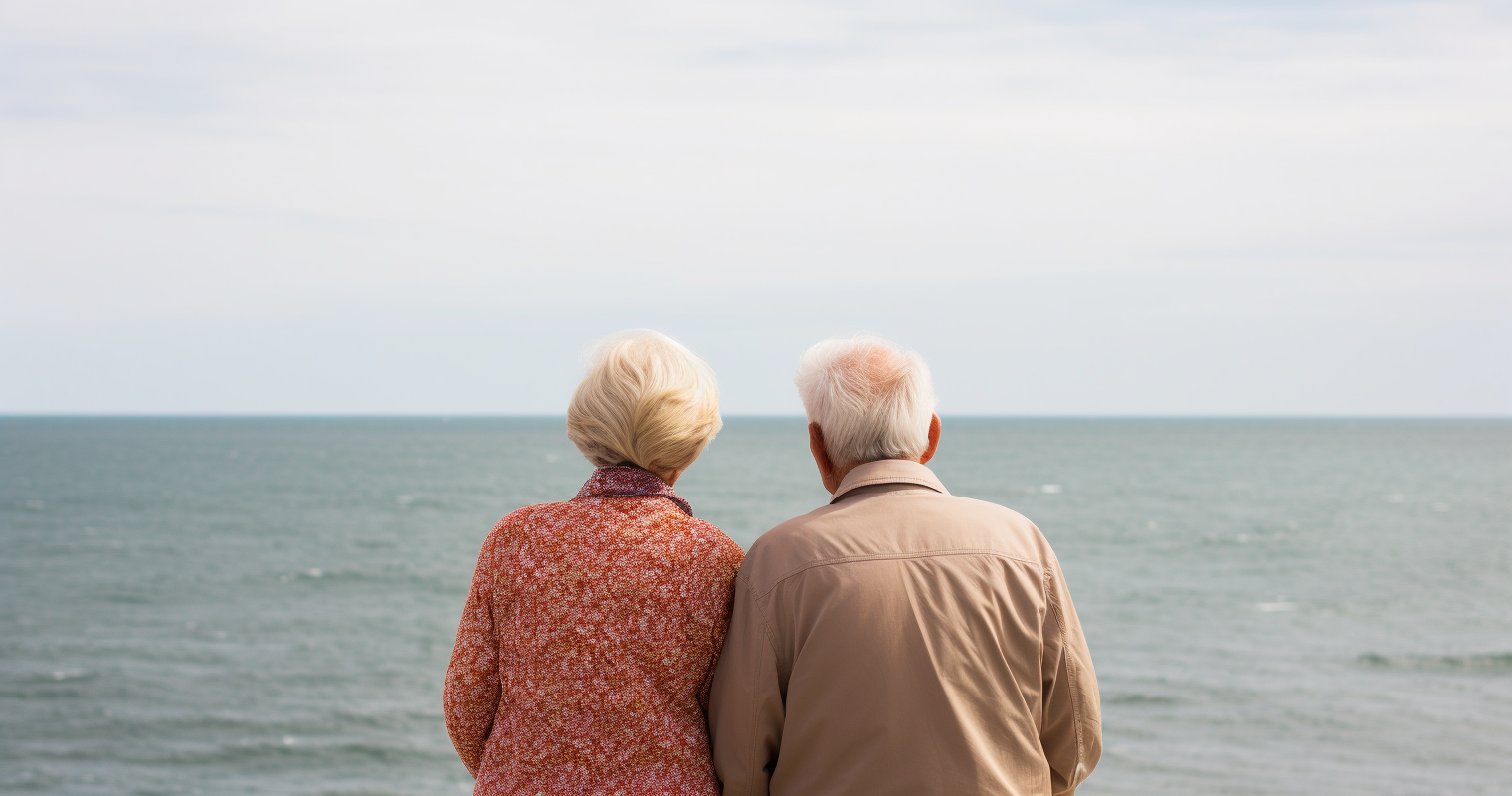Japan is known for having one of the highest life expectancies in the world, and with an aging population, the need for elderly care is growing. The Japanese government and society have made significant efforts to address this need, with various care options available to support the elderly population.
The State of Elderly Care in Japan
In Japan, the elderly population aged 65 and above comprises approximately 28% of the total population, with the number projected to increase to 40% by 2060. The government provides a comprehensive social security system that includes pensions, healthcare services, and long-term care insurance. Additionally, elderly people in Japan often receive support from their families, with multi-generational households being common.
Availability and Standard of Residential Homes
Residential homes, known as “Ryokan,” are one option for elderly care in Japan. These homes provide accommodation, meals, and basic care services. Residential homes in Japan are often privately owned and operated, and the cost of living in them can be high.
One example of a residential home in Japan is the “Nihon Fukushi University Residential Home” in Aichi Prefecture. This facility provides a comfortable and safe environment for elderly people, with on-site staff available 24/7 to provide assistance if needed.
Availability and Standard of Care Homes
Care homes, known as “Kaigo Yobo Home,” are similar to residential homes but offer more extensive medical care and services. Care homes are often privately owned and operated, and the cost of living in them can be high.
One of the most well-known care homes in Japan is the “Kokoro Care House” in Tokyo. This facility provides medical care, therapy, and social activities for elderly people in need. The care home is run by a non-profit organization and relies on donations and government support to operate.
Availability and Standard of Nursing Homes
Nursing homes, known as “Kaigo Roken,” are the most extensive option for elderly care in Japan, offering 24/7 medical care and attention. These facilities are often privately owned and operated, and the cost of living in them can be very high.
One of the most well-known nursing homes in Japan is the “Asahigaoka Nursing Home” in Saitama Prefecture. This facility provides medical care, therapy, and social activities for elderly people in need, and has a high reputation for providing excellent care. The cost of living in a nursing home like Asahigaoka can be very high, making it inaccessible for many elderly people in Japan.
Community-Based Care Options
In addition to residential homes, care homes, and nursing homes, there are also community-based care options for the elderly in Japan. Non-profit organizations and volunteer groups provide social support and companionship to the elderly, as well as assistance with daily activities and healthcare needs.
One example of a community-based care option in Japan is the “Community Life Support” program, which provides assistance to elderly people who wish to remain in their homes. The program offers training and support to family members, as well as respite care and other services.
In conclusion, elderly care in Japan has a well-developed system that provides comprehensive support to the elderly population. The Japanese government and society have made significant efforts to address the needs of the aging population, with various care options available to support their needs.
However, challenges remain in ensuring adequate access to care, particularly in rural areas, and addressing the social and economic issues that many elderly people face. To address these challenges, the Japanese government and civil society organizations must continue to work together to develop sustainable and effective solutions for elderly care.
Furthermore, it is crucial to address the social and economic challenges that many elderly people in Japan face. This includes addressing issues such as poverty, social isolation, and age discrimination, which can affect the health and well-being of elderly people. By providing comprehensive support and addressing these issues, we can ensure that the elderly population in Japan can live with dignity and respect in their later years.

